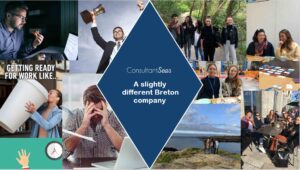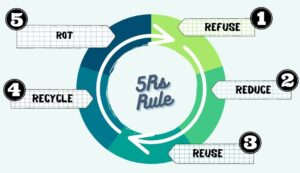Starbucks’ announcement on July 9th demonstrates a powerful lever for consumer and business practice changes.
On July 9th 2018, Starbucks Coffee Company announced that it will eliminate single-use plastic straws from its stores.
While the announcement was praised by many organizations, some critics argue that such an announcement will not be impactful in terms of marine pollution reduction. Starbucks commitment will allow to avoid 1 billion straws per year, while it is estimated that 500 million straws are used per day in America. According to the Ocean Conservancy’s 2018 Coastal Cleanup Report, over 640,000 straws and stirrers were found on beaches globally, accounting for approx. 3 percent of the total trash collected. Bloomberg News reports that straws probably account for 0.03 percent only of total plastic waste by mass.
But we are convinced that Starbucks’ commitment demonstrates a powerful lever for consumer and business practice changes.
- The power of consumer behaviour as a key driver of change for businesses: “As Starbucks chief executive officer Kevin Johnson outlined in his presentation to investors (…), the company is focused on adapting to rapidly changing consumer trends (…). The movement to eliminate single-use plastic straws has been gaining tremendous momentum globally, with consumers showing increased concern for the greater issue of waste, of which straws is just a part.” (source). This example demonstrates the power of citizens and consumers to influence big corporations and drive meaningful business change.
- How product re-design can help address the problem of plastic waste: Solutions to the ocean plastics issue need to be found across the entire plastic lifecycle, from design to waste management and repurposing. Through better choice of materials and redesign of the product (here the straw-less lid), companies contribute to the resolution of the problem, as outlined by Moss, Eidson and Jambeck (2017).
This example is a reminder of the importance shared responsibility and shared contribution. Even if Starbucks’ decision may appear as a drop in the ocean, it is showing what best practices that make business sense look like. No doubt that this commitment is a first step of a global ‘ocean plastics’ mitigation strategy for Starbucks, and that several other companies will follow this decision.


